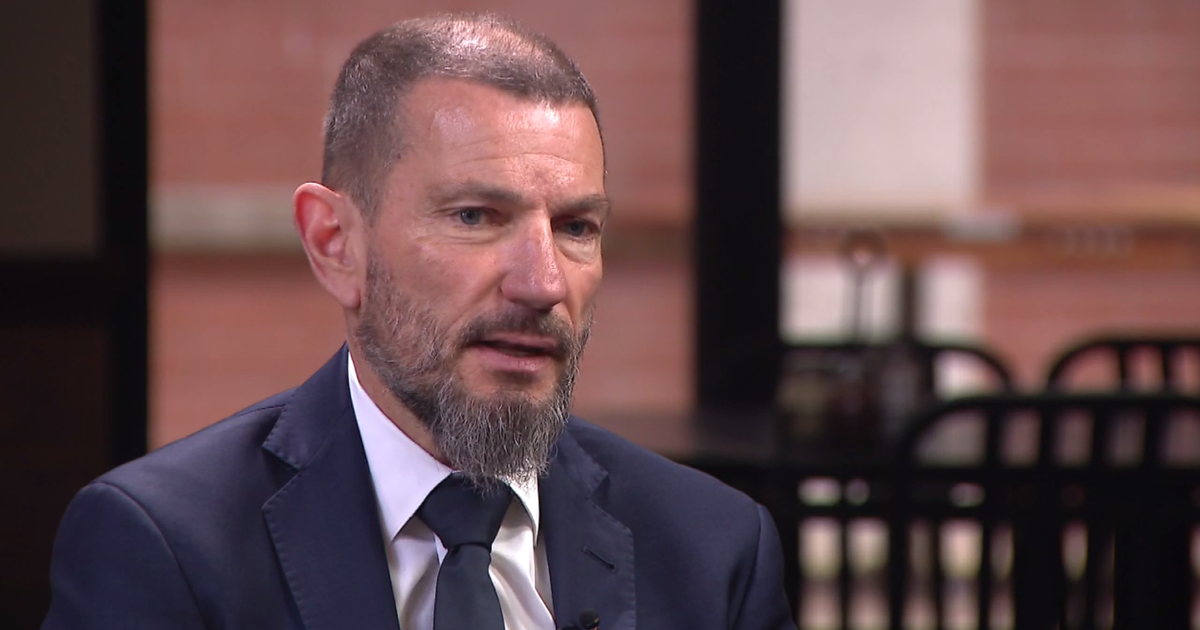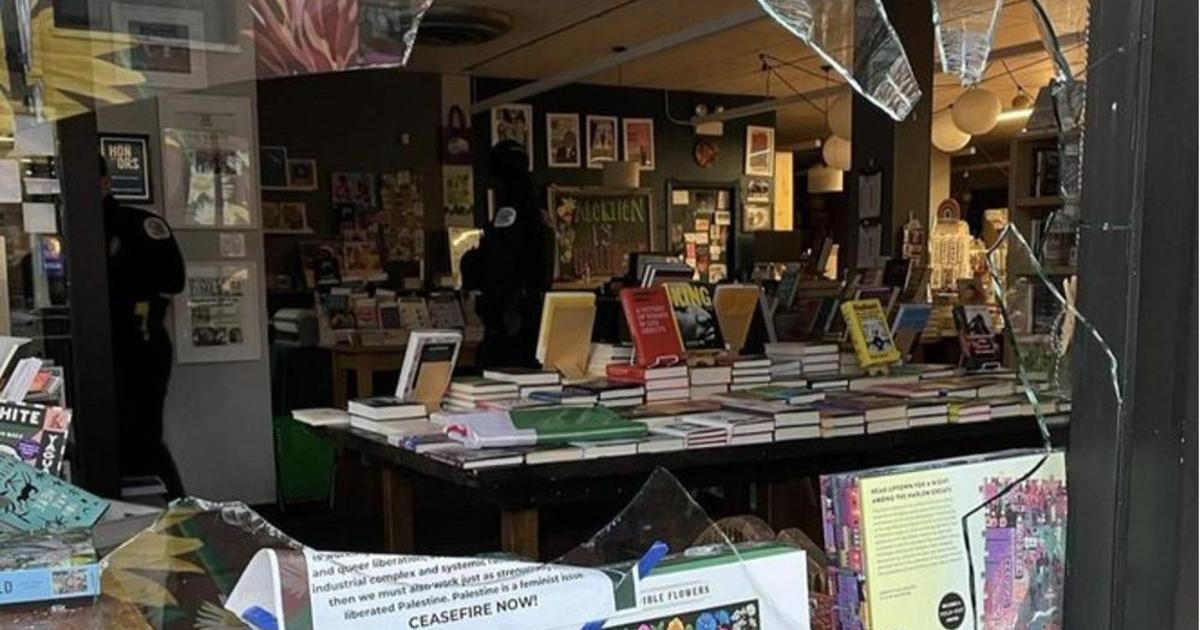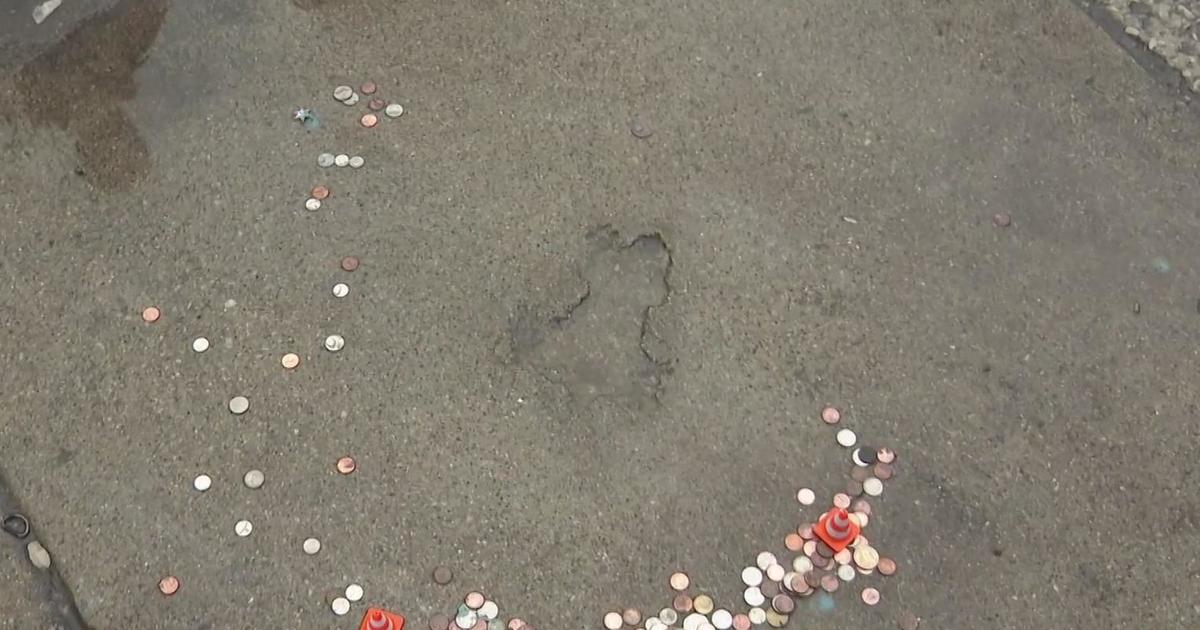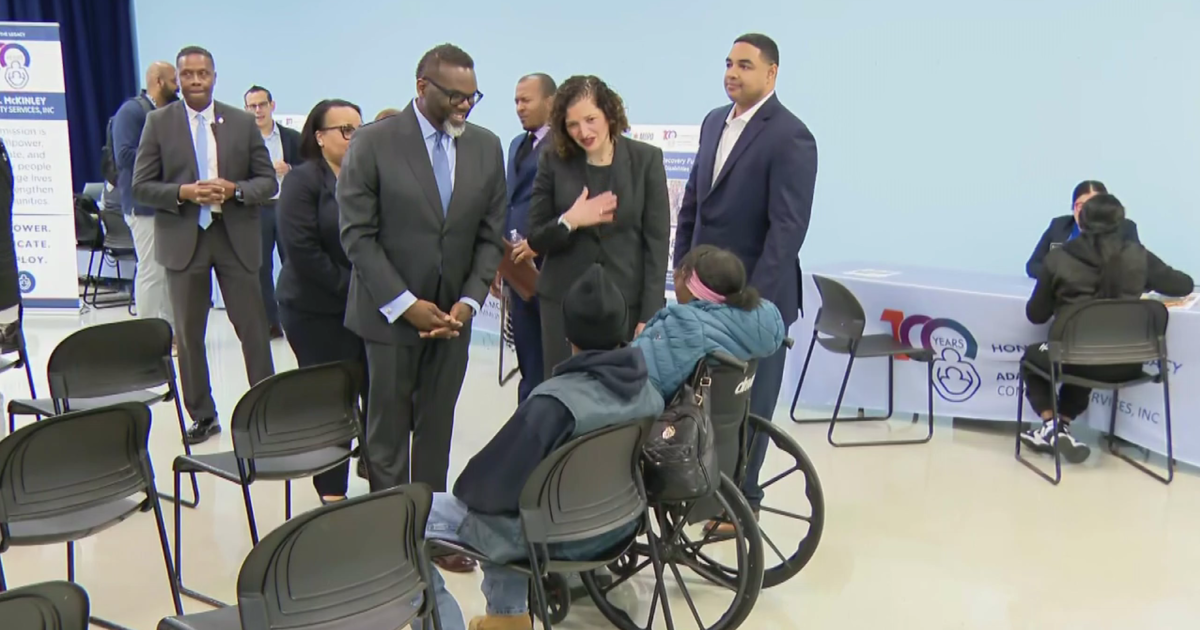Mayor Lori Lightfoot's 2020 Budget Plan, Including Minimum Wage Hike, Sails Through Budget Committee
by Todd Feurer, CBS Chicago web producer
CHICAGO (CBS) -- Mayor Lori Lightfoot's budget plan for 2020 cleared its first hurdle on Monday, including her plan to raise the city's minimum wage to $15 an hour by 2021, on a unanimous vote by the City Council Budget Committee.
The mayor's minimum wage proposal would increase the minimum wage in Chicago from $13 an hour to $14 an hour starting in July 2020, and to $15 an hour in July 2021. After that, annual increases in the minimum wage would be tied to the consumer price index, but capped at 2.5%.
Illinois Restaurant Association president Sam Toia called the mayor's proposal a "pragmatic, progressive approach" in the face of calls from some aldermen to eliminate the lower minimum wage for tipped workers – such as wait staff and bartenders.
Under the mayor's plan, the subminimum wage paid to tipped workers would be raised from $6.40 an hour to $8.40 an hour in Chicago next year. If an employee's wages and tips don't add up to the full minimum wage, their employer is required to make up the difference.
"Maintaining the tipped wage allows servers and bartenders to maximize their earnings, while keeping labor costs down for operators, and prices reasonable for consumers," Toia said. "By taking a reasonable approach to $15 an hour minimum wage that preserves tipped wage, the City Council will allow restaurants to continue to grow."
The City Council's progressive members still are not happy with the mayor's minimum wage plan, arguing tipped workers should also get the full minimum wage.
Ald. Carlos Ramirez-Rosa (35th), a member of the Progressive Reform Caucus, said more and more employees are being considered tipped workers; with the boon of payment apps allowing customers to tip cashiers, and a proposed Trump administration rule allowing employers to require more "back of the house" workers – such as dishwashers and cooks – share tips given to servers.
"So in reality, while it appears on face that we are raising the minimum wage, because of changes in technology, because of changes in federal regulations applauded by the National Restaurant Association put forth by Mr. Trump, we are now in fact extending poverty wages to tens of thousands, if not hundreds of thousands of Chicago workers," he said.
The mayor's office has said it is committed to revisiting the issue of tipped wages after conducting a financial impact study.
Meantime, small businesses with 20 or fewer workers would have more time to get to the new $15 per hour minimum wage. At those businesses, the minimum wage would rise by 50 cents a year to reach $15 an hour by 2023. Businesses with three or fewer employees would be exempt.
Workers under age 18 also would see their minimum wage rise to $15 an hour, although more slowly. For those youth workers, their minimum wage would rise to $10 per hour next July, and continue going up $1 per hour until they reach the $15 minimum wage in 2024.
The mayor's plan also would eliminate the minimum wage exemption for disabled workers, requiring them to be paid the city's minimum wage by 2024.
Leading up to the first vote on the mayor's budget, aldermen also called for more spending on community policing and mental health services, but gave no indication of any plans to vote against Lightfoot's spending plan when it comes up for a final vote next week.
The $11.65 billion spending plan approved in committee on Monday included a handful of spending cuts and cost-savings measures the mayor's office laid out for aldermen last week, after it became clear she would not get Springfield to back her plan for a graduated real estate transfer tax, which would have generated $50 million in revenue for the city.
Ald. Raymond Lopez (15th), the mayor's most vocal critic on the City Council, questioned why those cost savings were not included in the original budget plan.
"This budget magically found $50 million in savings from a zero-based budget," Lopez said. "For me, it just looks like on a number of those items, like we were just penciling over items just to increase the amount to bring this budget back into a somewhat balanced state."
According to the mayor's office, the $50 million in cost savings meant to patch over the failure of the real estate transfer tax plan would include would entail an extra $10 million to $15 million in savings from Lightfoot's plan to refinance $1.3 million in existing debt. The mayor's budget team initially expected the refinancing plan to save a total of about $200 million, but interest rates have dropped, so now the city expects to save $210 million to $215 million.
Other savings include $20 million by slowing down new hiring, and keeping the rate at 2019 levels instead of ramping up hiring as the mayor wanted; $2 million from reduced overtime at the Chicago Fire Department; $1.2 million by reducing new jobs added within the mayor's office; $1 million to $1.5 million in modifications to existing contracts; $6 million in new efforts to reduce health insurance costs; and $4 million in "additional efficiencies."
Lopez said he believes the mayor's budget remains "bloated," saying it includes nearly 2,000 vacant positions that will still be funded in 2020.
"That's concerning to me when we're trying to tell taxpayers that we're putting the best possible document forward, and I don't believe that we are there yet," he said.
The City Council Finance Committee still must approve the mayor's package of taxes and fees to fund the budget, including a $40 million rideshare congestion tax increase, and an $18 million increase in the city's property tax levy to pay for opening public libraries on Sunday.
The mayor's office has said the city's overall property tax levy would increase by $65 million in 2020, but the bulk of that increase was approved before she took office.
Aldermen already had approved $33 million to $35 million in property taxes to pay off bonds, and the city will get another $12 million to $15 million in property taxes from new construction, similar to the boost the city gets every year from new properties.
A final vote on the mayor's budget plan is scheduled for Nov. 26.



